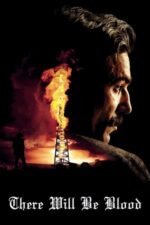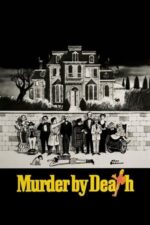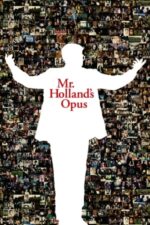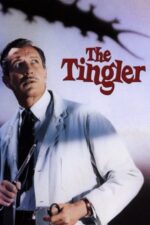The Silent Language: Exploring Deaf-Mute Characters in Cinema
There's something profoundly moving about a character who communicates without words. It forces us, as viewers, to pay closer attention – not just to facial expressions and body language, but also to the unspoken emotions simmering beneath the surface. Films featuring deaf-mute characters aren’t simply stories about deafness; they often use silence itself as a powerful narrative tool, exploring themes of isolation, resilience, and the very nature of human connection.
Think about it: communication is so fundamental to our understanding of each other that its absence creates an immediate sense of distance. It's fascinating how filmmakers have leveraged this for different effects. In My Father, Die, the silence surrounding Asher isn’t just a physical limitation; it amplifies his simmering rage and determination as he pursues vengeance against his father – a man who also robbed him of his voice. The lack of verbal communication becomes a visual language of pain and resolve, making his actions all the more impactful. It's a stark contrast to Finian’s Rainbow, where the Irish family’s silence is initially a cultural difference, but quickly becomes part of their charm as they navigate a prejudiced community.
What I find particularly compelling is how these characters often become magnets for others seeking solace or understanding. In The Heart Is a Lonely Hunter, Singer's deafness isn’t presented as a tragedy, but rather as a catalyst. People project their hopes and anxieties onto him, drawn to his perceived wisdom and quiet strength – even if he doesn’t fully understand what they’re saying. It’s a beautiful, albeit slightly melancholic, exploration of how we seek connection, sometimes finding it in the most unexpected places. I remember watching this film as a teenager and being struck by how much people needed Singer, despite his inability to verbally reciprocate.
Even films that aren't centrally focused on deafness utilize the concept effectively. In Listen, the Portuguese couple’s struggles with language barriers highlight the challenges faced by immigrants, while also emphasizing their unwavering love for their deaf daughter. It underscores how communication transcends words – a shared glance, a comforting touch, can speak volumes.
The representation of deaf-mute characters has evolved significantly over time. Early portrayals often leaned into stereotypes or pity, but more recent films like My Father, Die and The Heart Is a Lonely Hunter offer nuanced and complex depictions that challenge those outdated tropes. They remind us that silence isn't emptiness; it’s a different way of experiencing the world – a language all its own.
So, if you're looking for something to really make you think, I highly recommend exploring these films. They aren't always easy watches, but they are undeniably rewarding, offering a unique perspective on what it means to be human and how we connect with one another, regardless of the words we use.






































